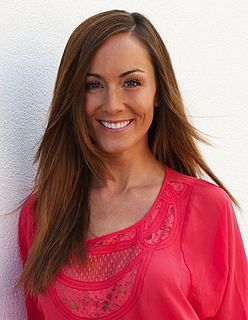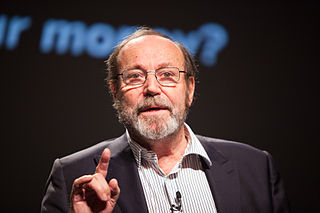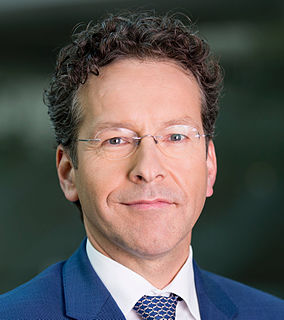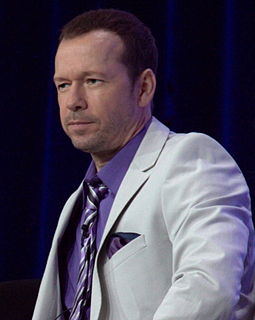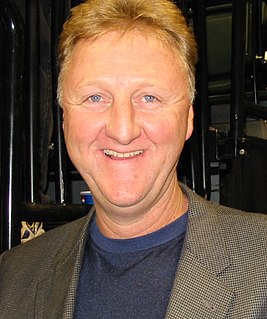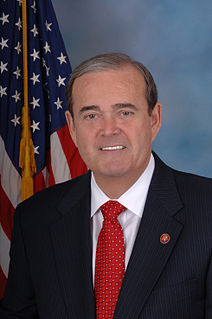A Quote by Chanda Kochhar
ICICI Bank was the first bank to recalibrate its ATMs for 2000 and then also for 500 rupee notes, and now we have some ATMs which give out 2000, 500, 100 - all of them.
Related Quotes
The World Bank is the monopoly provider of poverty data and, partly due to a leadership change there, the World Bank's reporting has been heavily on the rosy side since about 2000. The Bank's cultivation of an upbeat picture affords a very interesting lesson in statistics and how you can, depending on which numbers you present and how you present them, create a more positive or more negative impression of the evolution of poverty.
What we've done last night is what I call pushing back the risks..If there is a risk in a bank, our first question should be 'Okay, what are you in the bank going to do about that? What can you do to recapitalise yourself? If the bank can't do it, then we'll talk to the shareholders and the bondholders, we'll ask them to contribute in recapitalising the bank, and if necessary the uninsured deposit holders.
If I wanted to connect like I do now, I'd have to write 500,000 letters, get 500,000 stamps, send them out and wait for them all to come back. This stuff is instantaneous. I can see if someone is having a bad day and send them a smiley face and have an effect on them. It's fun, but it's also a very powerful thing.
If bankers can push the loans and make more profits for the bank, they get paid higher bonuses. They often also get stock options. If the bank goes under, they get to keep all of these salaries and options - and the government will bail out the bank. These guys will take their money and run, which is pretty much what they're doing now.
I want to work in a bank, definitely. Hopefully, my acting career will go well. But if it doesn't, I go to a bank. If it does, then even at the age of 40, I will still go to a bank, but I have to work in a bank, because I'm really fond of taxation and accounts and investments and all of that. So I will do it. At some point, I will, yes.
As a matter of fact 25% of our U.S. investment banking business comes out of our commercial bank. So it's a competitive advantage for both the investment bank - which gets a huge volume of business - and the commercial bank because the commercial bank can walk into a company and say, "Oh, if you need X, Y and Z in Japan or China, we can do that for you."

